A shorter update this week as specific HE policy matters are taking a back seat to the main campaigns.
So, the election…
We’ve summarised the relevant parts of the Conservative and other manifestos released since our last update. You can read it here. And here is the link to read the Conservative manifesto in full. The manifesto was widely reported on by the media as ‘not rocking the boat’ and few unexpected commitments. A stark contrast to the radical Labour manifesto. Research Professional say:
“…the level of detail is so vague that a huge spectrum of potential changes could legitimately be claimed in years to come to fit within these manifesto commitments. That’s probably by design and possibly not everyone will sleep easy as a result.” (Research Professional, Monday 25 November 2019). The Conservative manifesto noticeably shorter than some of the others and peppered with pictures of Conservative candidates related to their work roles throughout.
Jane has produced a comparison of the major parties take on the key HE issues.
And sector bodies are all producing their own comparators, here’s a short one from UUK; HEPI have yet another election briefing; and NESTA are looking to the future and considering the challenges around the knowledge economy in what the next UK Government should do.
GuildHe have published their priorities for government.
Further to their published promises The Labour Party have also launched a Race and Faith Manifesto pledging to ensure that BME people will be properly represented at the top of public life and to ensure the education curriculum teaches the historical injustices of colonialism and teaches Black history. In the launch Corbyn noted there are only 25 Black women professors in UK universities. They also said they would overhaul the OfS to review the state of inequality across HE and the steps needed to address it alongside better BAME teaching representation within schools and tackling the higher exclusion rates among BAME pupils. Meanwhile, Shadow Chancellor, John McDonnell, has promised an official consultation on clearing student debt.
An exclusive in The Tab, suggests that Labour would conduct a formal review into existing student debt.
The Scottish National Party released their manifesto on Wednesday. Their key priorities are Brexit, the NHS and a further Scottish Independence referendum. We include brief mention of their HE relevant manifesto points here because of their potential to support Labour should they be in position to form a minority Government.
- Free HE – no return to tuition fees in Scotland.
- Continue to support the post-work study visa (brought in by Conservatives in 2019) for students starting 2020/21 onwards.
- Campaign for an extension to the no-deal three-year ‘Temporary Leave to Remain’ scheme, which discriminates against students in Scotland.
- Oppose the £30k minimum salary for immigration purposes
- Research – current success and a commitment to do more on green energy research projects
- Expand childcare into the school holidays for primary pupils from the poorest backgrounds.
- Continue to argue for Scotland to receive its fair share of education funding. (p21)
- Abolish House of Lords
- Push for 16 & 17 year olds to receive the vote
Admissions
The Universities and Colleges Admissions Service published its first report on end of cycle undergraduate acceptance, offer and entry rates.
- A record high of 30,390 people were accepted onto nursing courses in the UK in 2019. The number of applicants has risen by 6.7%, to 54,225, ending a decline that began in 2017, driven by a decrease in the number of English applicants. Financial support for nursing students in England was reformed in August 2017, replacing bursaries with access to loans for new nursing, midwifery, and allied health students. 2019’s applicant figures represent a bounce back, after initial declines in applicants following these funding changes. The rise in applicants also comes after recent recruitment campaigns by the NHS2 , and growth in younger applicants, as more people are considering a career in nursing, particularly at age 18.
- Students aged 18 were the single largest age group of acceptances (6,880), accounting for 22.6% of acceptances. More people than ever aged 35 and over (5,780) were accepted onto nursing courses, a rise of 12.9% from 2018. This group accounted for 19% of all acceptances and is the second largest age grouping accepted onto nursing courses
In 2019, 97.8% of UK 18 year olds applying through the UCAS main scheme received at least one offer. …This record-breaking figure is likely a consequence of both:
- declining numbers of UK 18 year olds, resulting in increased competition between universities and colleges for students
- the gradual removal of student number controls in England from 2012
The UK 18 year old population is expected to fall to its lowest point in recent years in 2020. Consequently, now may be the best time ever to apply to higher education – particularly since this population is expected to grow again from 2021, reaching 2010’s height by 2024.
Findings from the 2019 cycle also suggest that applicants should not be deterred from applying to courses with challenging entry requirements. Universities and colleges frequently accept applicants who perform below their entry requirements. Encouragingly, this is most often experienced by disadvantaged applicants. In 2019, 60% of POLAR4 quintile 1 placed applicants were accepted on courses with actual A level grades below advertised entry requirements (compared with 49% across all placed applicants).
- Around one in six (17%) of the most disadvantaged applicants report receiving a contextual offer.
- However, many remain unaware that some universities make contextual offers. Concerningly, the most disadvantaged applicants were less likely to be aware of contextual offers (60% aware) than the most advantaged (68%). These responses were collected at the end of the cycle, when many applicants would have been in receipt of these offers. Awareness may have been even lower when it was most needed – at the point of application.
On A level results day this year, almost all UK universities and colleges had courses available in Clearing. This covered over 30,000 courses.
- Clearing covers a broad range of subject areas. This includes typically highly selective courses, such as preclinical medicine (over 400 placed through Clearing, comprising 7.9% of all UK 18 year old acceptances to this subject) and mathematics (over 600 placed through Clearing – 14% of acceptances to this subject).
- 2019 also brought the highest ever proportion of places secured through Clearing at higher tariff providers – 9.8%, compared with 8.3% in 2018.
- New in 2019 was the option for placed applicants to ‘self-release’ online into Clearing. Nearly 16,000 UK 18 year olds with main scheme places took advantage of this option, with over 11,000 of these placed on a new course
Future Thinking
University of Lincoln vice chancellor Mary Stuart launched the report from their 21st Century Lab project. The University of Lincoln’s manifesto, calls for “permeability” as the organising principle for universities in the 21st century. The manifesto identifies ten global grand challenges.
Read more:
Social Mobility
The Social Market Foundation (SMF) have issued a press release ‘Class ceiling’ costs working class graduates £1,700 [per year] highlighting how much less a graduate from a deprived background earns compared to a wealthy graduate. The press release says:
- SMF found they [disadvantaged] can struggle in the graduate jobs market, sometimes because they lack the social connections and work experience needed to get higher-paid jobs, and sometimes because recruiters’ hiring practices are slanted against them…the SMF said those factors create a “class ceiling” that is keeping graduates with deprived backgrounds out of the highest-earning jobs.
- The wage gap between a top earning middle class graduate and a high-flying graduate from a poor home is £7904..The report also found that some graduates from poor London homes lack the “soft-skills” and self-confidence to seek out the highest-paying roles.
- Other obstacles that stop disadvantaged graduates doing better include choosing courses and qualifications associated with lower wages, because of poor careers guidance and advice. The need to do paid work while at university can also limit their access to internships and other schemes offering experience that can help secure a high-paid job.
The research is London-centric with all participants come from and living in London, therefore caution is needed when generalising these findings to other areas. However, the study is of interest because London is ahead of the game in ensuring access to HE for students from disadvantaged backgrounds.
James Kirkup, SMF Director, said:
- “Any politician who promises more social mobility or more social justice needs to accept that education is only part of the story here. This study shows that even when children from disadvantaged homes do well at school and university, they’re still at a disadvantage relative to their middle-class peers.
- Social mobility and a fairer economy is about much more than better schools. Employers and families must be centrally involved too.”
Inquiries and Consultations
Click here to view the updated inquiries and consultation tracker. Email us on policy@bournemouth.ac.uk if you’d like to contribute to any of the current consultations although there isn’t much action at present because Parliament activity has ceased during purdah.
Other news
Refugees: There has been increasing talk of how Universities assess and support refugees this week. Insecure housing, no certification or proof of prior education levels, conversational challenges, lack of financial income, financial restrictions (or requirement to pay international fee levels), and social and cultural barriers all stand in the way of refugees accessing Higher Education. A Guardian article highlights Unesco’s new global convention on the recognition of HE qualifications and equivalency and urges universities to assess refugee applicants differently to overcome paperwork barriers. It also says the need for innovative and tech-supported approaches to tackle delivery in refugee camps and other difficult environments. The Guardian article says:
- It’s incredibly important that universities realise that by being more flexible about refugees’ qualifications they aren’t lowering the standards of their institution, but increasing the number of students who are exceedingly determined and resilient. This will enrich the classroom with a diversity of perspectives.
- Migration is one of the major global challenges of our time, and there is already talk of a “lost generation” of young refugees. Education is the route to a better life – and universities can help provide the solutions, through expanding access on campus and beyond.
Regional divide: The Institute for Public Policy Research North has published Divided and Connected reporting on regional inequalities in the north, the UK and the developed world. Finding that the UK is more regionally divided (on health, jobs, income and productivity) than any other comparable advanced economy. The report blames centralised governance and argues for greater devolution.
Subscribe!
To subscribe to the weekly policy update simply email policy@bournemouth.ac.uk
JANE FORSTER | SARAH CARTER
Policy Advisor Policy & Public Affairs Officer
Follow: @PolicyBU on Twitter | policy@bournemouth.ac.uk



 Every BU academic has a
Every BU academic has a  By clicking on this box, on the left of the Research Blog home page just under the text ‘Funding Opportunities‘, you access a
By clicking on this box, on the left of the Research Blog home page just under the text ‘Funding Opportunities‘, you access a 
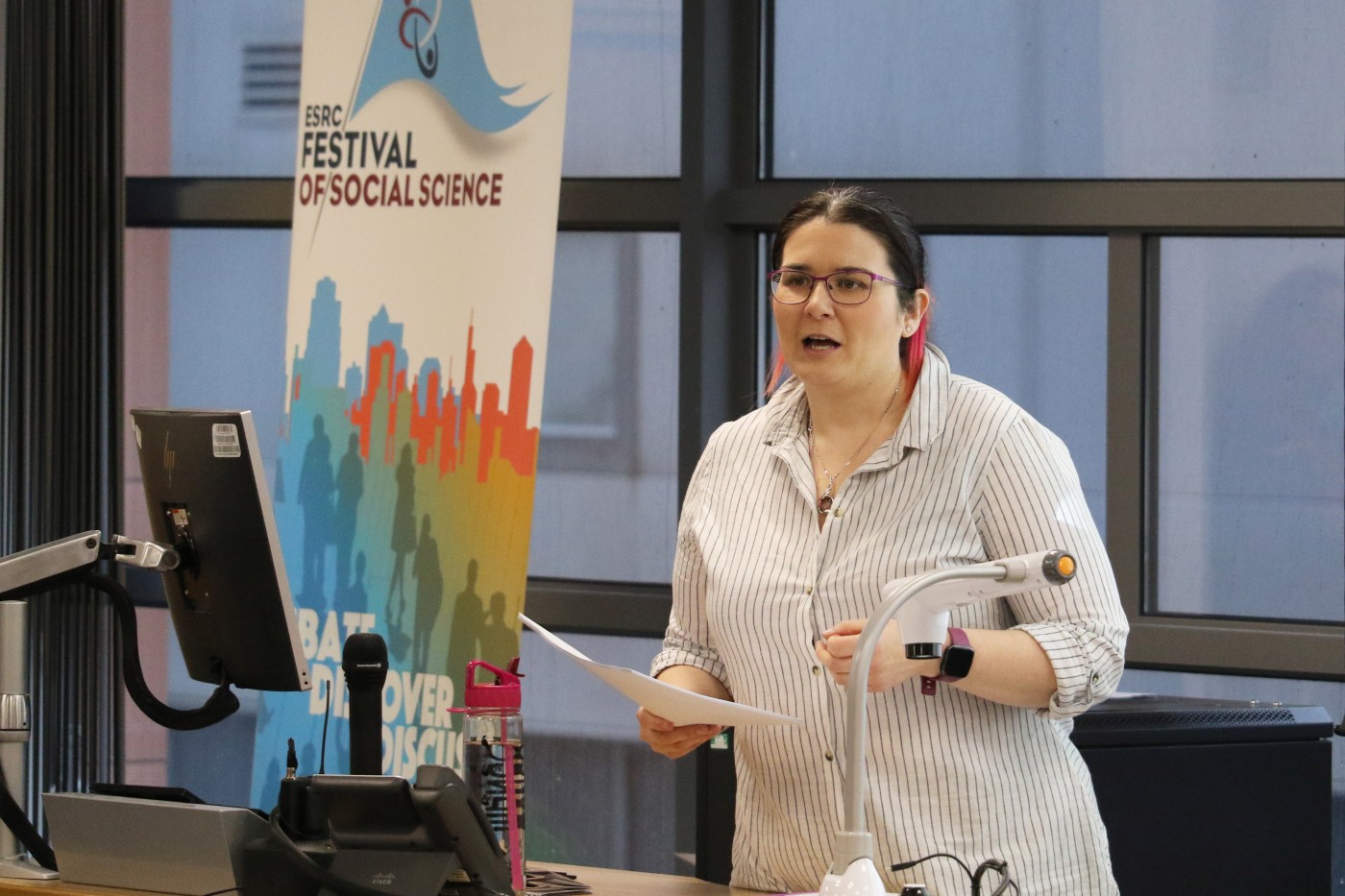
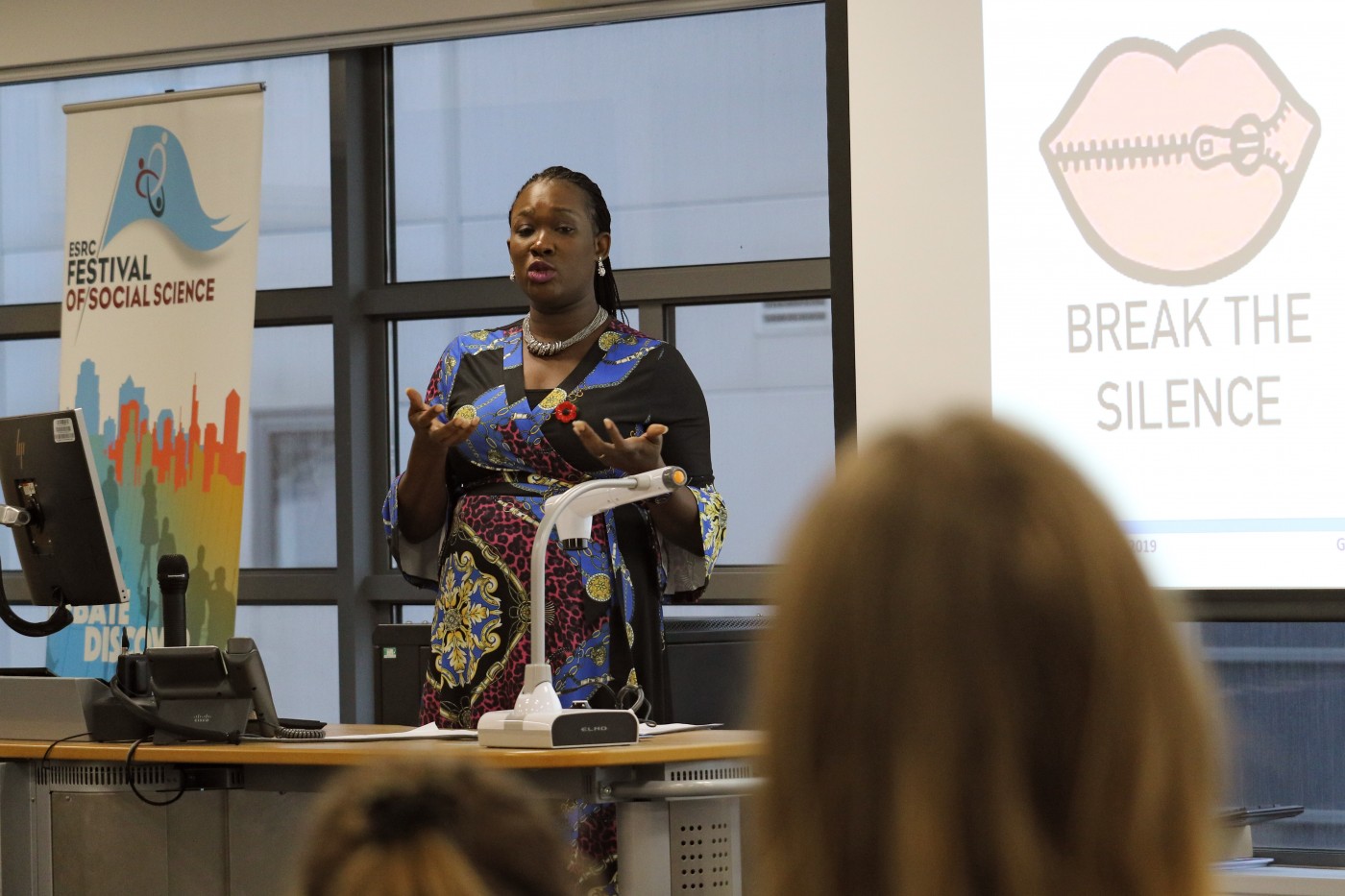

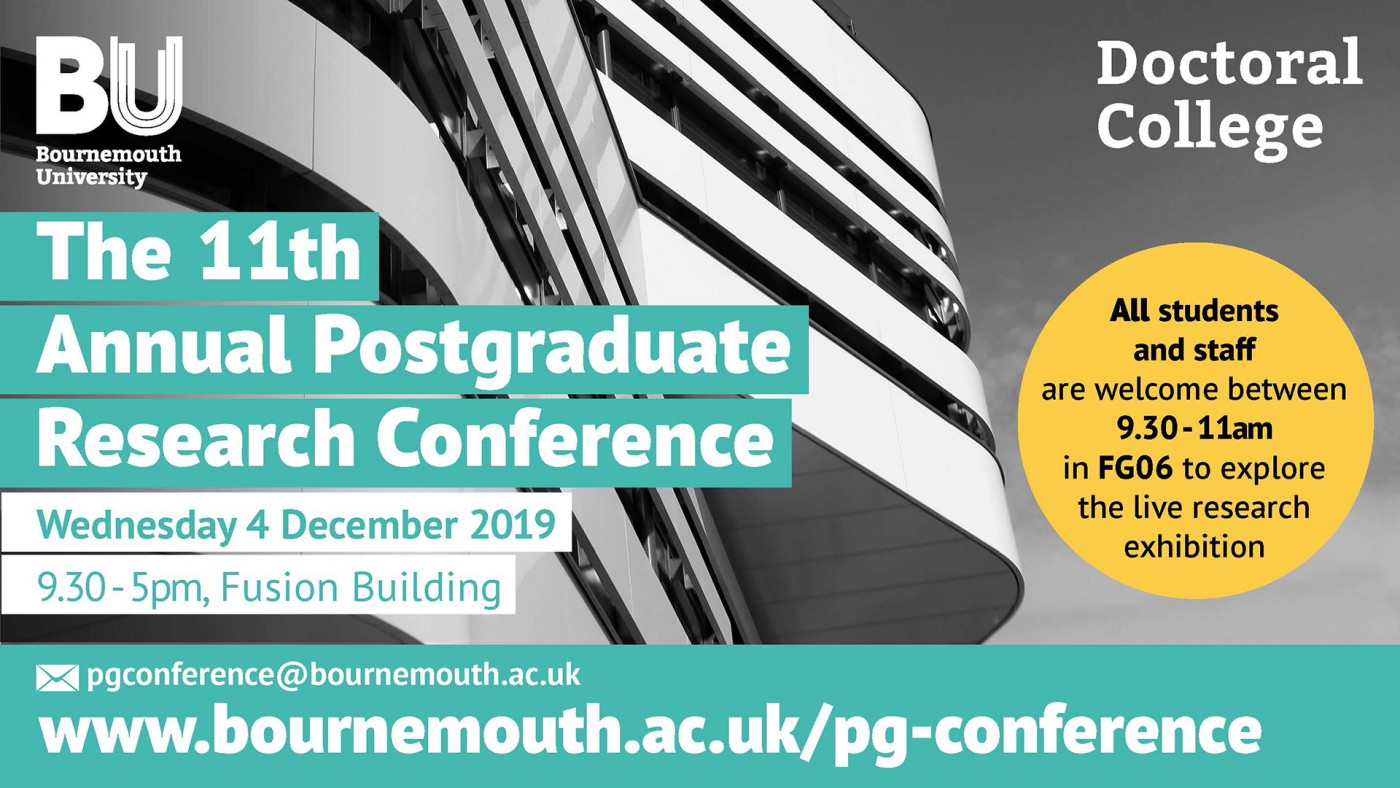

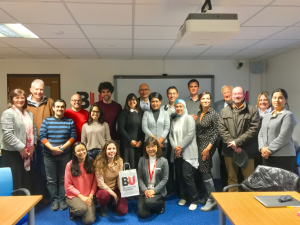
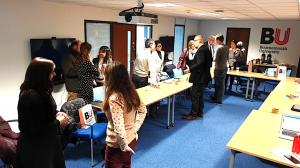
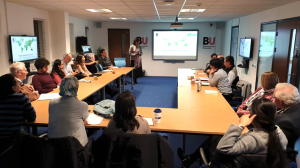

 An
An 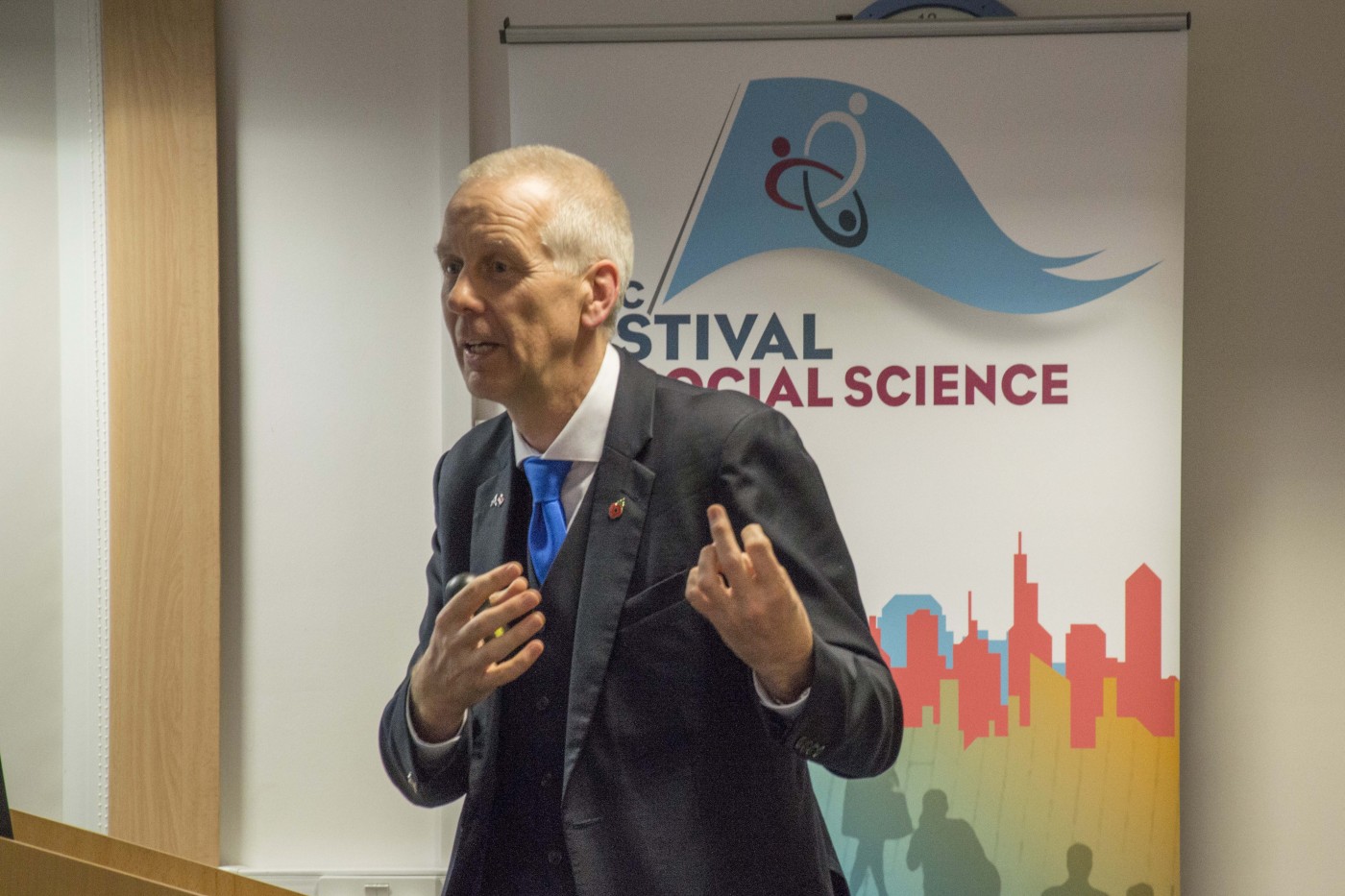



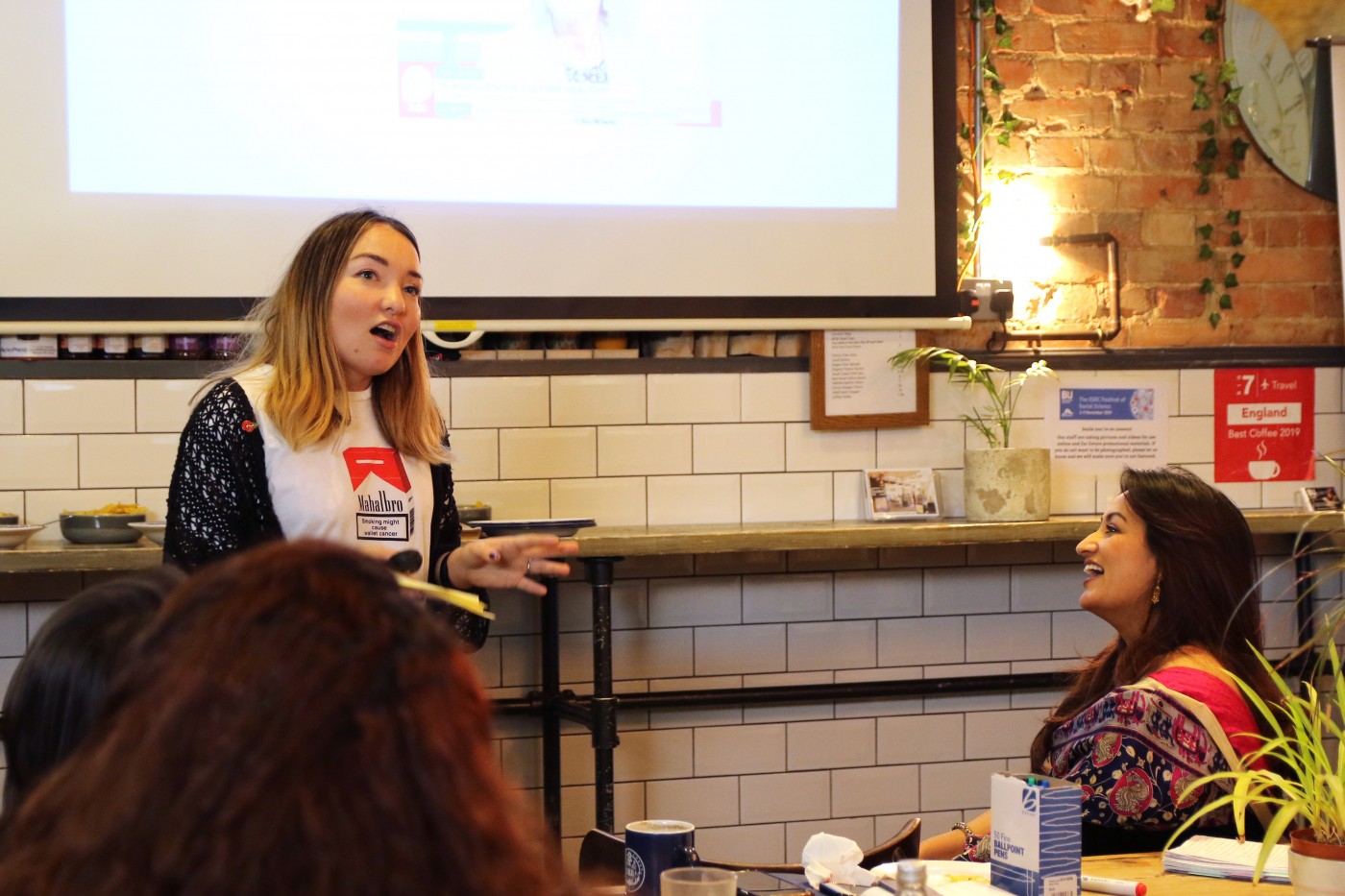


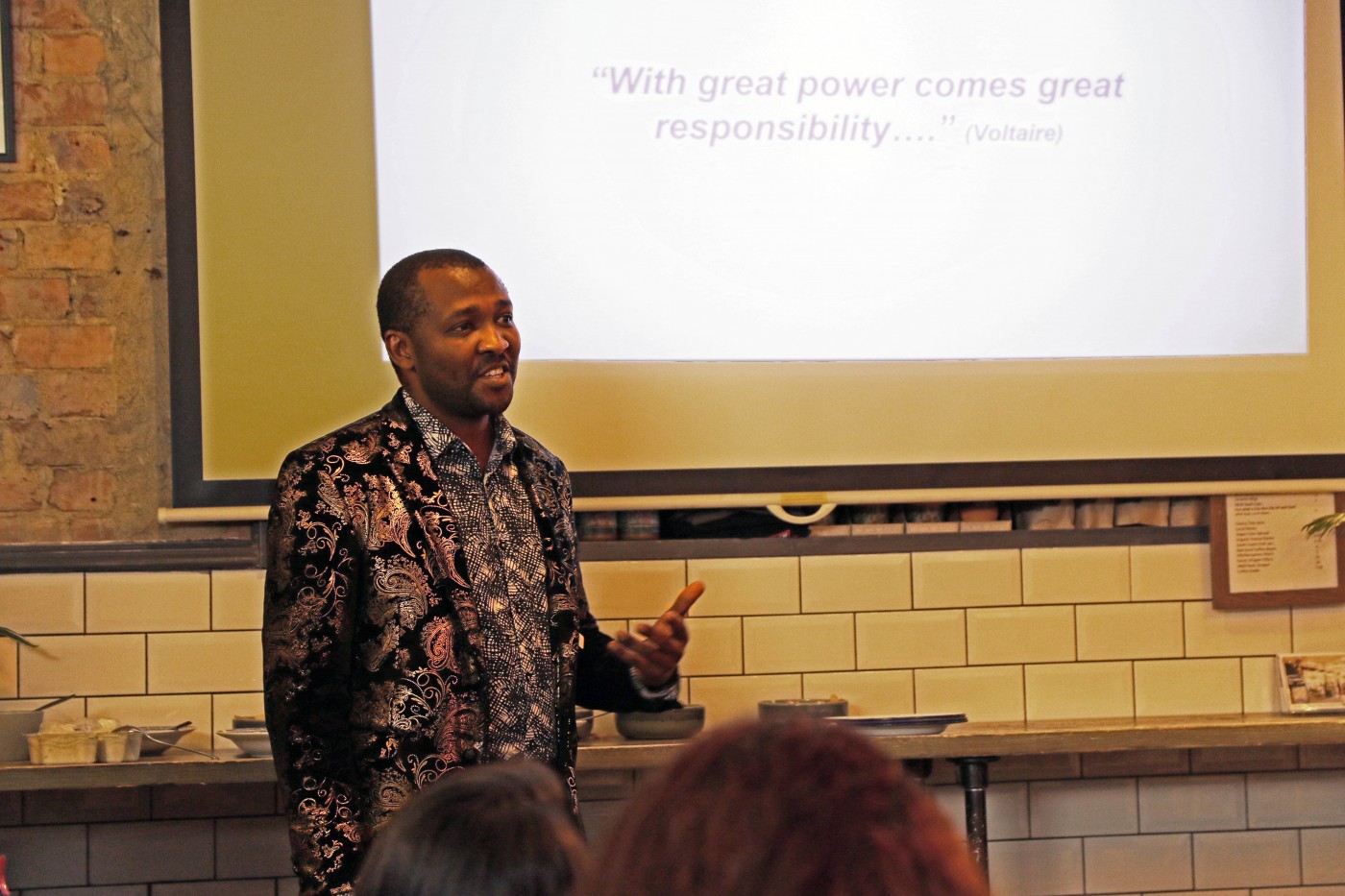













 From Sustainable Research to Sustainable Research Lives: Reflections from the SPROUT Network Event
From Sustainable Research to Sustainable Research Lives: Reflections from the SPROUT Network Event REF Code of Practice consultation is open!
REF Code of Practice consultation is open! BU Leads AI-Driven Work Package in EU Horizon SUSHEAS Project
BU Leads AI-Driven Work Package in EU Horizon SUSHEAS Project ECR Funding Open Call: Research Culture & Community Grant – Apply now
ECR Funding Open Call: Research Culture & Community Grant – Apply now ECR Funding Open Call: Research Culture & Community Grant – Application Deadline Friday 12 December
ECR Funding Open Call: Research Culture & Community Grant – Application Deadline Friday 12 December MSCA Postdoctoral Fellowships 2025 Call
MSCA Postdoctoral Fellowships 2025 Call ERC Advanced Grant 2025 Webinar
ERC Advanced Grant 2025 Webinar Update on UKRO services
Update on UKRO services European research project exploring use of ‘virtual twins’ to better manage metabolic associated fatty liver disease
European research project exploring use of ‘virtual twins’ to better manage metabolic associated fatty liver disease